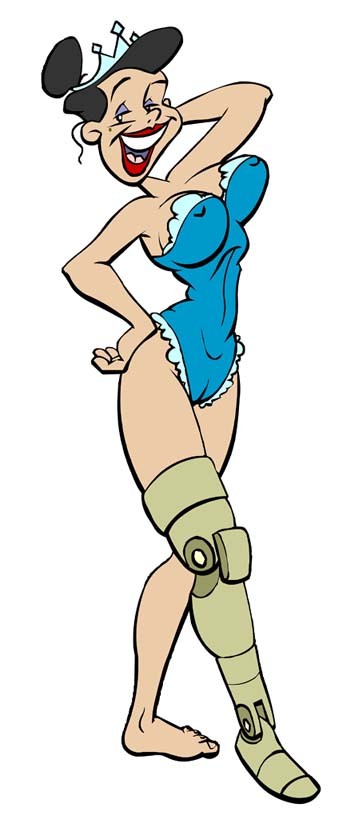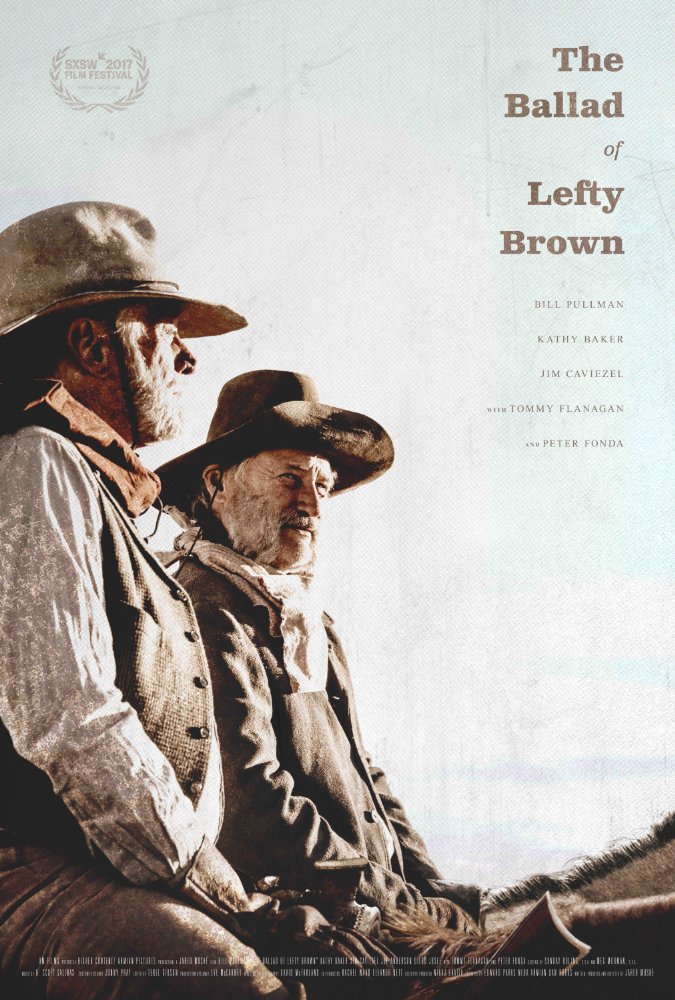
Last month during the annual whirlwind that is South By Southwest, I was very fortunate to get to talk about THE BALLAD OF LEFTY BROWN with director Jared Moshe as well as the film's prolific star Bill Pullman. The film is a simple, dyed-in-the-wool western complete with murder, vigilante justice, a grizzled curmudgeon, and even an orphaned scamp all against the backdrop of the late 1800's American frontier. I totally dug the immersive vibe of the story, and naturally Pullman begrudgingly endears as the loyal sidekick destined to avenge the murder of his beloved boss and friend. So, I hope you enjoy our conversation about the film and working within the inherent elements of the western genre.
Annette Kellerman: Hello! Thanks so much for meeting with me today. Are you having a good festival?
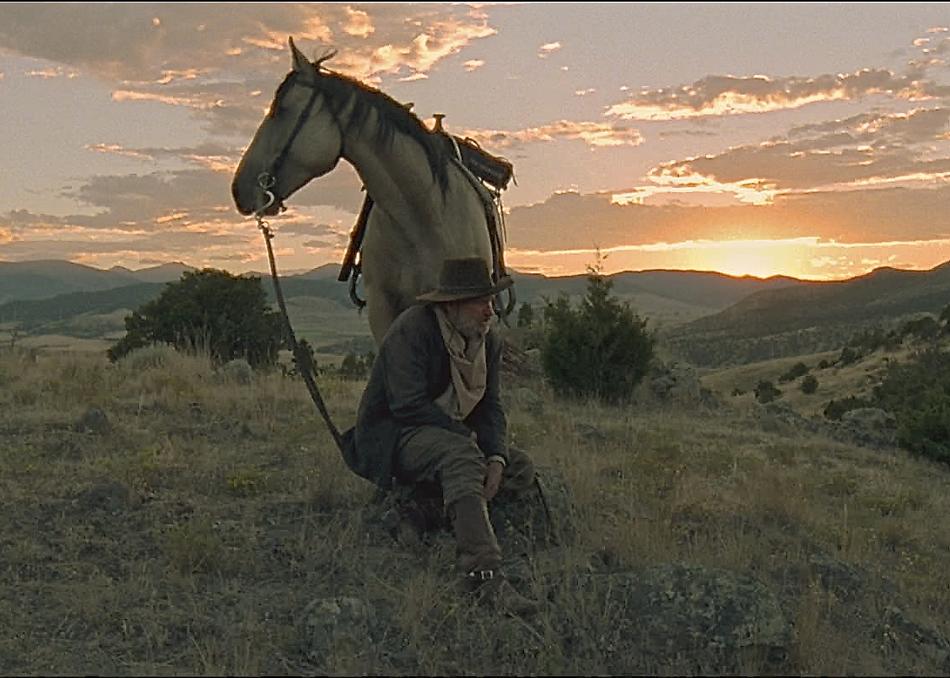
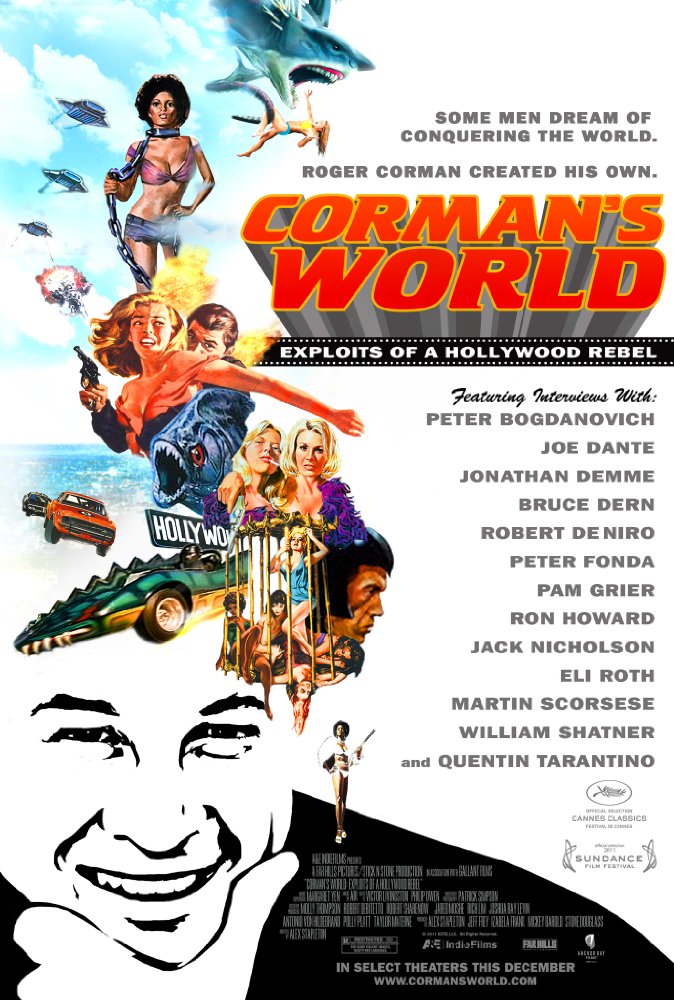
Kellerman: Bill, what was it like working with this cast, particularly the kid. Did you show him the ropes...or did he show you the ropes?
Pullman: With Diego, yeah. Really great, open spirit Diego. He was really prepared. He worked very hard. His father works with him and helps him to set up these experiences before he come to the set. He did things with his acting teacher where the acting teacher blindfolded him and took him up the mountain, and took off his blindfold and said, "I'm not going to be here. You make your way down this mountain alone knowing that I'll be here and I'm going to jump on you at some point." So, that's the kind of preparation he went through to get ready for this thing. At the same time, he's immersive and he wants to be in the moment. Sometimes you have to push him around. [we all laugh]
Moshe: Yeah, Diego is so good because he is a young actor, and as a character actor, he just inhabited that character. It's very different when your doing the training and practicing from the experience of doing it in front of the camera. Bill's character is very much a father figure to him in the movie, but it's also...Bill would always sort of- alright, the camera is going to be here- and give Diego a little tug so he knew where to stand in relationship to the camera. It was everyone. Our entire crew... our DP David McFarland would be explaining to Diego what lens he was using before so he would know. This is gonna be a close up, etc. What world we're in. Because that's such an important thing to learn, and honestly the only way you're going to learn that is by going through the process. He had a great teacher.
Pullman: Well, the thing is that Lefty isn't the most appropriate father figure. He's the least experienced father figure. Diego is kind of not experienced at taking a lot of suggestions from people. He's kind of bull headed, so it was good to have that relationship be kind of meta.
Kellerman: It was a cool odd-coupling that I think worked really well. What's the word on distribution?
Moshe: We are working on it. We literally shot the film in September. Finished it a week ago.
Kellerman: Wow.
Moshe: It was terrifying. I don't think that anyone knew how utterly terrified I was that we...I was stressing. But we got it done, and now we've unveiled it to the world. So fingers crossed for some distribution.
Kellerman: Is there anything else you'd like to talk about? The big takeaway?
Moshe: I'm not a huge fan of the big takeaway. I feel like what people take away from movies, is like a work of art. A work of art is supposed to tell people something specifically, as a work of art. It was such a fantastic group of people and team to work with. I mean, Bill is a joy to be working with. The camaraderie between him and Tommy Flanagan and Jim Caviezal and Kathy Baker, and Peter Fonda and Diego. And both Joe Andersons- there were two Joe Andersons. One plays Frank, one plays Oak.
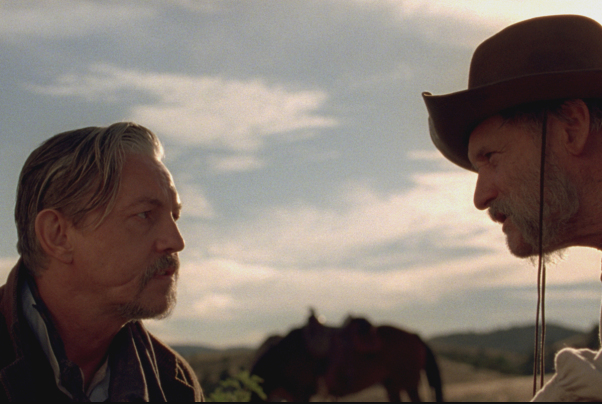
Pullman: That's a good takeaway.
Moshe: It's not a typo in the credits!
Kellerman: Not a typo! Not the same actor playing dual roles.
Moshe: Ya know, just the ability of those guys to inhabit these characters and bring a sense of history to the story is so important. I felt so lucky going to set everyday- that these are the guys I get to work with.
Kellerman: So what genre is next for you? Another western? A trilogy?
Moshe: I do have another western in my head, but I'm actually right now developing a female-driven scifi movie.
Kellerman: Very cool. Stepping in scifi.
Moshe: Hopefully. We'll see where it goes.
Kellerman: Bill, I think you've worked in virtually every genre of film. Is there anything that you'd like to do that you haven't?
Pullman: It's always good to have contrast with everything, so I'm shooting this TV series that's called THE SINNER. It's very noir, so it's very different. That's all about watchfulness, and holding your cards close to your chest. Which is great to have that kind of thing to go to after Lefty Brown.
Moshe: Noir is fun.
Pullman: Yeah, yeah. It's the other genre that I seem to always...I still think that HELL OR HIGH WATER is noir and not a western. It's a crime story...
Kellerman: Yeah, but it's a family crime story. I wouldn't call it a western either.
Moshe: It's western in a sense that it is about people fighting to protect their land. It has that western...
Kellerman: Outlaw sensibility.
Moshe: Yeah, but it is more of like a crime noir.
Pullman: They have codes that they are operating by, so that's kind of like a western.
Moshe: But I feel like a western at some point is...the fundamental conflict in every western at some level is the civilization. The wilderness inside of everyone. And that didn't particularly have that. It was more the noir code. Whereas I had mentioned earlier, that LOGAN is much more of a western because it's really about a guy who is struggling with- is he a part of society?
Kellerman: And he's protecting his clan.
Moshe: Yeah. And it literally has SHANE in it. [Pullman looks surprised]
Kellerman: Yeah, it literally has SHANE in it!
Moshe: [to Pullman] They are watching SHANE in the middle of the movie. But you know what? If everyone thinks that HELL OR HIGH WATER is a western and it helps bring back the genre, I am all about it!
Kellerman: Absolutely! I'm all for it as well. And I guess that pretty much covers it. Thank you so much for talking with me about your movie today. I really appreciate your time.
Moshe: Thank you!
Pullman: Thank you. Nice to meet you.
As with so many interviews, I thought of a million more questions I wish I'd asked them, but 15 minutes flies by at these things! I hope you enjoyed our talk about THE BALLAD OF LEFTY BROWN and the western genre in general. It's always interesting contrasting the perspectives of a relative newcomer film maker with a seasoned movie veteran like Pullman, and I hope you were just as intrigued by our conversation as I was. Thanks for reading!
Rebecca Elliott
aka Annette Kellerman
